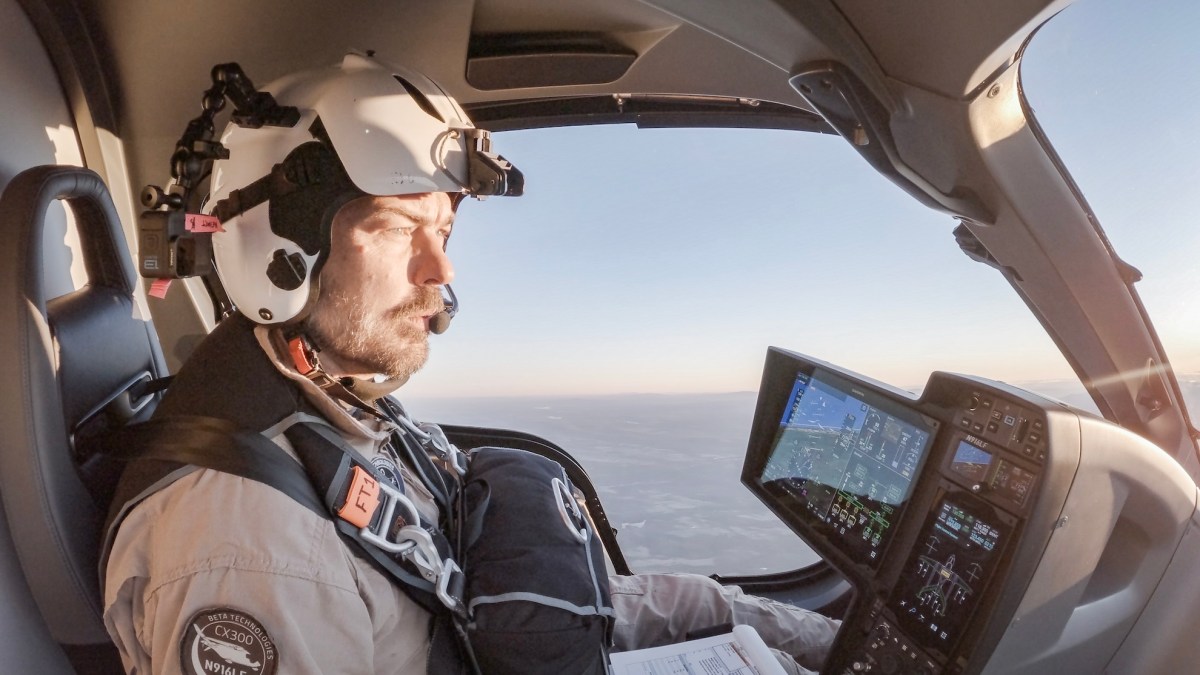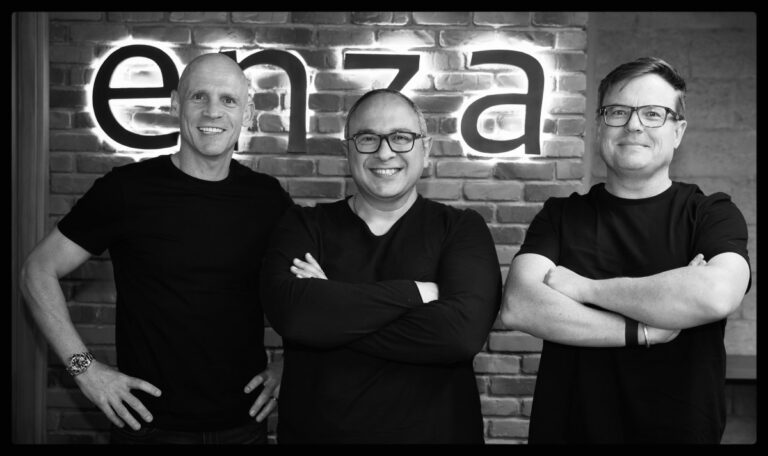Electric Aircraft Pioneer Kyle Clark Disrupts Silicon Valley Norms
In recent months, Beta Technologies has made significant strides in the electric aviation industry, marked by the successful maiden flight of its Alia CX300 electric aircraft. This event was a pivotal moment for the company, showcasing their innovative approach to sustainable flight and solidifying their position in the competitive market of electric vertical takeoff and landing (eVTOL) vehicles.
Maiden Flight of the Alia CX300
On a cool November morning, around 800 attendees gathered at a South Burlington hangar to witness the historic flight of Beta Technologies’ first electric aircraft. Kyle Clark, the founder and CEO of Beta, piloted the Alia CX300, which flew for over an hour.
Clark expressed his gratitude for the experience, stating:
“There’s not a piece in that airplane that we didn’t design, build, assemble, test. It’s a pretty special thing to be able to do.”
A Commitment to Promises
For Clark, delivering on this promise was crucial for maintaining trust with his company’s board. He emphasized the importance of commitment in his leadership style:
“We set a goal of November 13, and on the morning of November 13, we went and flew that airplane.”
This dedication to reliability fosters confidence in future projects and commitments within the company.
Beta Technologies: A Unique Player in Electric Aviation
Unlike many of its competitors headquartered in Silicon Valley, Beta Technologies is rooted in Vermont. Clark’s background as a Harvard-educated pilot and former professional hockey player reflects a unique blend of passion and technical expertise.
Differentiated Strategy
Beta’s strategy diverges from others in the electric aviation sector. While competitors like Archer Aviation and Joby Aviation focus primarily on eVTOLs for air taxi networks, Beta aims to be an Original Equipment Manufacturer (OEM) with a broader product offering:
- Alia CX300 eCTOL: Designed for regional flights.
- Alia A250 eVTOL: Tailored for urban environments.
This dual approach allows Beta to serve a wider range of customers while pursuing FAA certification for commercial flight.
Building an Electric Aviation Charging Network
In addition to its aircraft, Beta Technologies is developing an extensive electric aviation charging network. Currently, the company has:
- 46 charging stations across 22 states and New Zealand
- Plans to expand to 150 operational sites by 2025
Notably, Archer Aviation is already a customer of this charging infrastructure, highlighting Beta’s collaborative approach within the industry.
Partnerships and Future Plans
Beta has secured partnerships with notable organizations such as Air New Zealand and United Therapeutics. Their initial contract includes:
- Four CX300 aircraft for mail delivery
- Options for an additional 20 aircraft
Beta is also exploring opportunities with UPS and the U.S. Air Force.
Funding and Financial Stability
Beta Technologies has raised approximately $1.15 billion from institutional investors, avoiding venture capital to maintain control over its operations. Clark’s approach to funding emphasizes:
- Cash-neutral aircraft builds
- Investment in manufacturing and certification processes
Such strategies are expected to lead to profitability within the next year.
The Future of Electric Aviation
With innovative designs and a commitment to sustainability, Beta Technologies is poised to make a significant impact on the electric aviation landscape. As they work towards operational goals and expand their charging network, the company is set to lead the charge in revolutionizing air travel.
For more information about electric aviation advancements, visit TechCrunch and explore related topics on our site.







